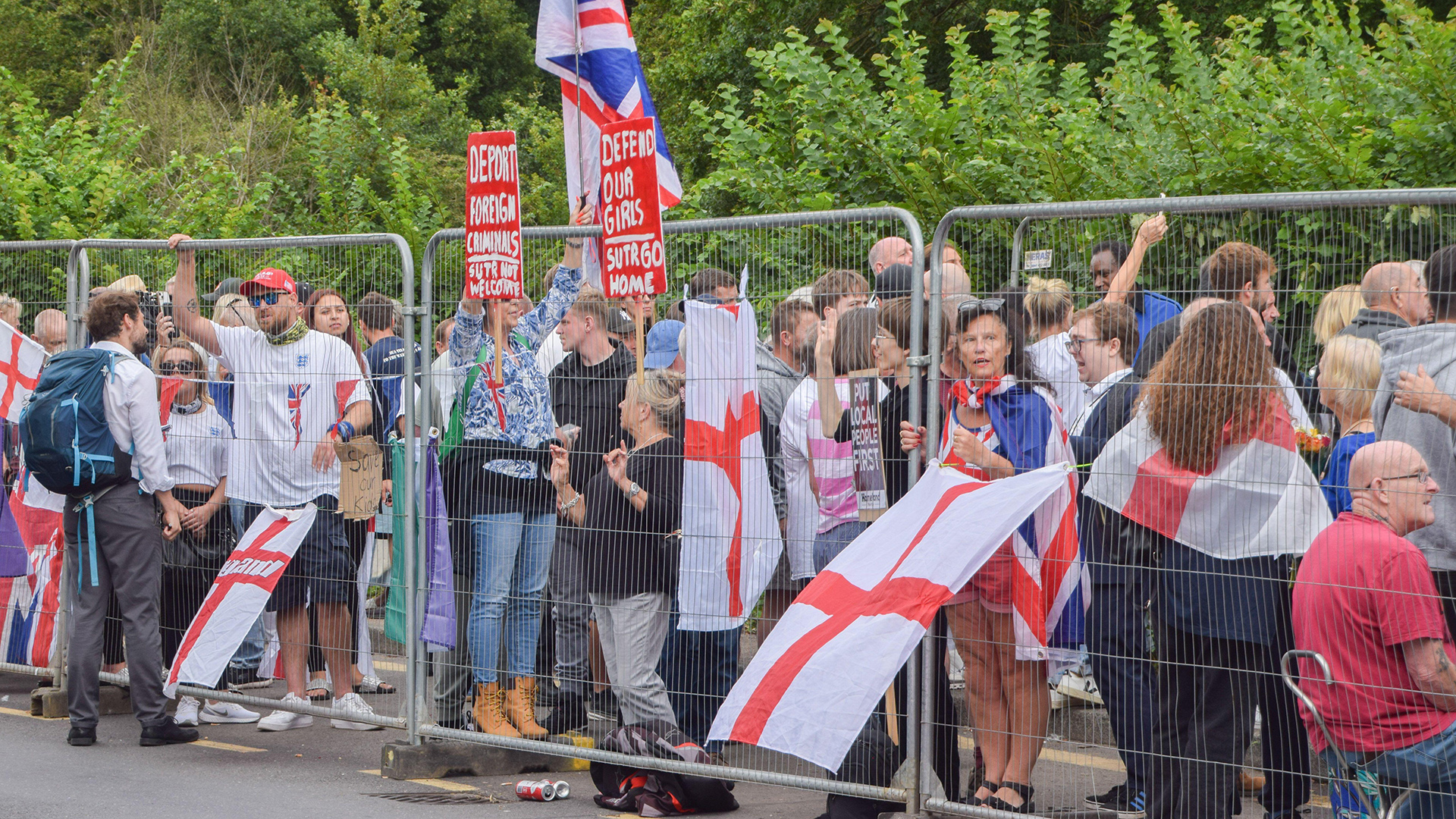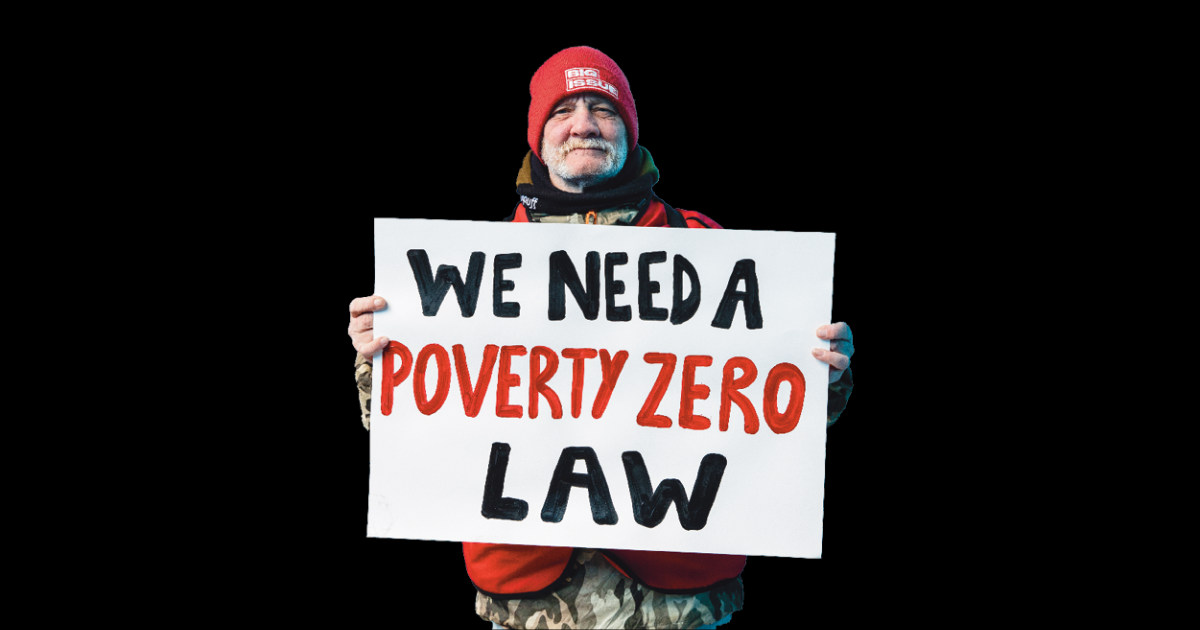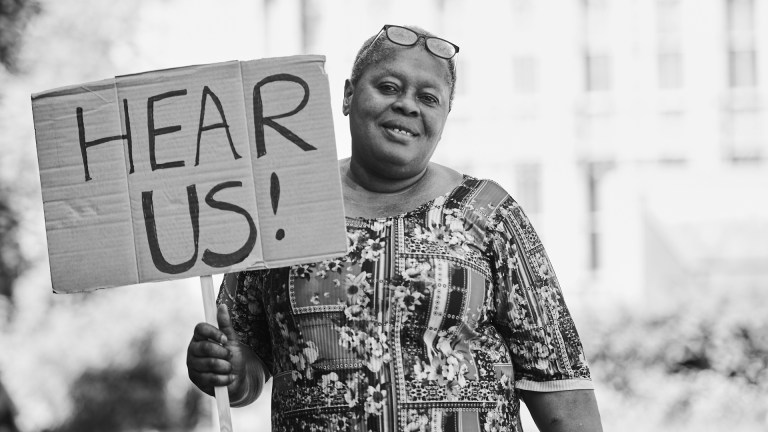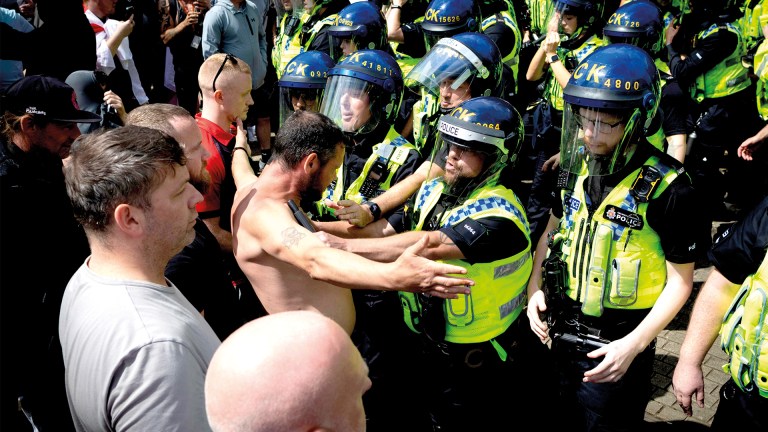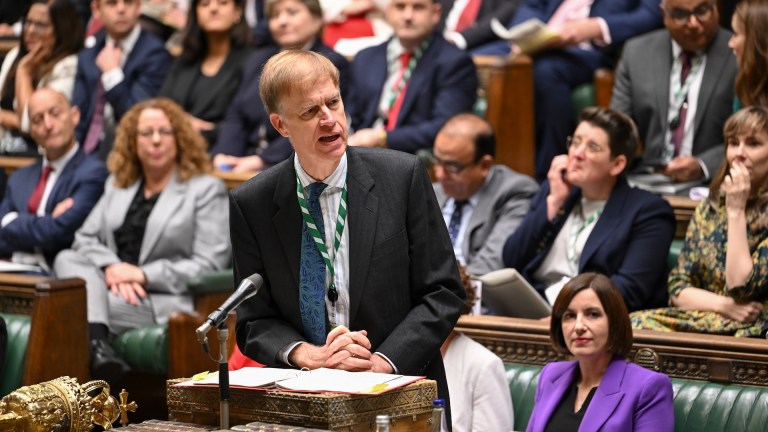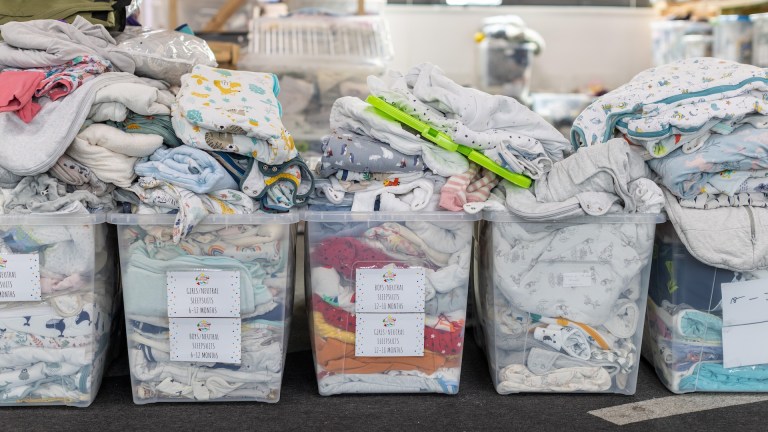During last summer’s racist riots, one of our clients at the Joint Council for the Welfare of Immigrants (JCWI) was locked in their migrant accommodation in the north-west of England, along with hundreds of others including families and children, due to a mob outside. They were kept inside for three days, and out of fear didn’t leave for another week afterwards. As a Black migrant, he felt that “people might attack me due to my skin colour, and that fear has stayed with me”. On his first visit outside, he was abused by teenagers on bikes, who “held their noses like we smelled bad”. He finds the memory painful, saying it made him “feel small”.
Read more:
- Asylum hotel protests are spreading. Who’s really behind them?
- A legacy of tragedy: What has changed one year on from the Southport killings?
- I spent a year undercover as a far-right activist. Here’s seven things I learned
A year on, and no lessons seem to have been learned, with the same disgusting racist hatred and violence again rearing its head across England, in Essex, Norfolk, East London, Hampshire and elsewhere. Our client Adam (not his real name) who was housed in London, has been forced to temporarily leave his accommodation due to feeling intimidated by unknown white people hanging around outside, as well as issues with white neighbours.
Sometimes people move because they choose to, but also because there is no other choice. The 21st century has seen a continuation of postcolonial violence, conflict and economic turmoil, with Global South countries dealing with the ongoing consequences of enslavement, extraction, division and displacement by the Global North. This has led to people seeking sanctuary in Britain. But they are being met with a frightening level of hostility and hatred, from the government and elements of the population.
It has been repeatedly suggested by government ministers, local politicians and in the media that this most recent upsurge in racist intimidation and violence is a result of ‘locals’, with ‘legitimate concerns’. It’s clear, however, that a co-ordinated far-right movement is responsible for this latest round of racist rallies and violence outside migrant accommodation, with multiple online accounts sharing addresses and ‘targets’ across social media, saying: “You know what to do!” One of our staff members who was in Epping on Sunday reported that many of those there were white men seeking to intimidate and pick fights, not the worried mums the media has sought to make out, and large numbers left by train at the end of the day.
The far-right has long sought to exploit and weaponise concerns over gender-based violence – often based on misinformation – in support of its own racist and white supremacist agenda, as in Knowsley in 2023, Ballymena earlier this year, and now in Epping. The far-right doesn’t seriously care about it beyond its usefulness as a tool to whip up fear and hatred, and it itself riven with misogyny: more than one-third of those arrested in last summer’s racist riots had previously been reported for domestic abuse.
